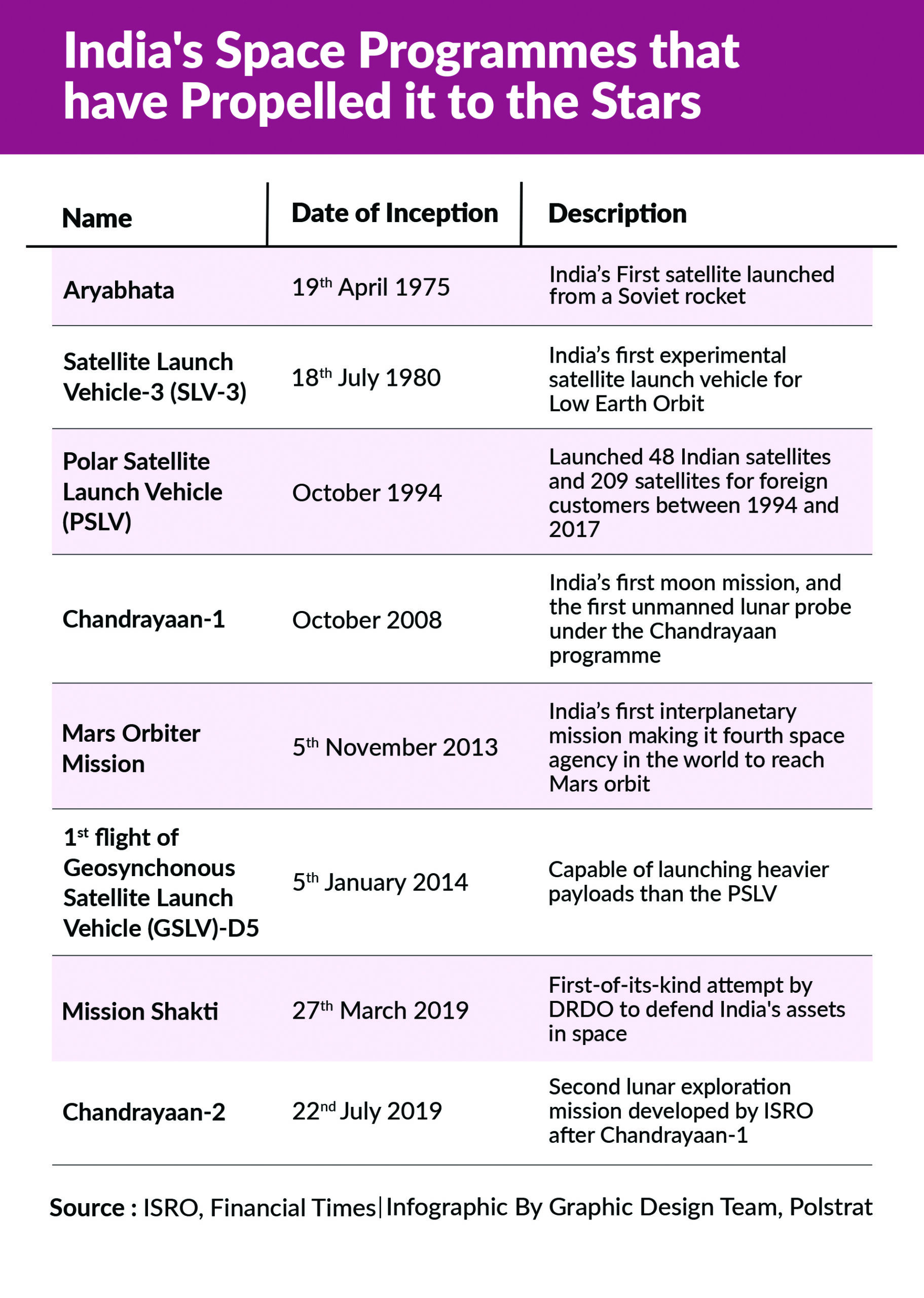


ISRO is the sixth largest space agency in the world and holds an exceptional success rate but the Indian space market as a whole contributes less than two per cent to the global space market. The Indian Space Policy (ISP) aims to institutionalise the role and involvement of the private sector in the Indian space arena. By demarcating the roles and responsibilities of ISRO, space sector PSU NewSpace India Limited (NSIL), and the Indian National Space Promotion and Authorization Center (IN-SPACe), it aims to set the stage for the public and private sectors to play a collaborative role.
The policy envisions ISRO as the nodal agency to develop new technologies, new systems, and conduct research and development, leaving the operational undertakings of its missions to NSIL.
NSIL will primarily focus on strategic activities related to the space sector and will function in a demand-driven mode. The policy calls for greater involvement of the private sector in a direct manner allowing it to take part in end-to-end space activities such as building satellites, rockets and launch vehicles, and data collection and dissemination.